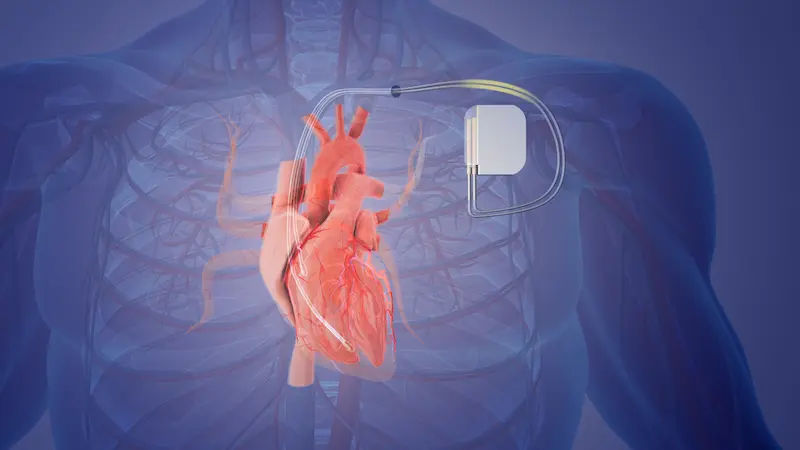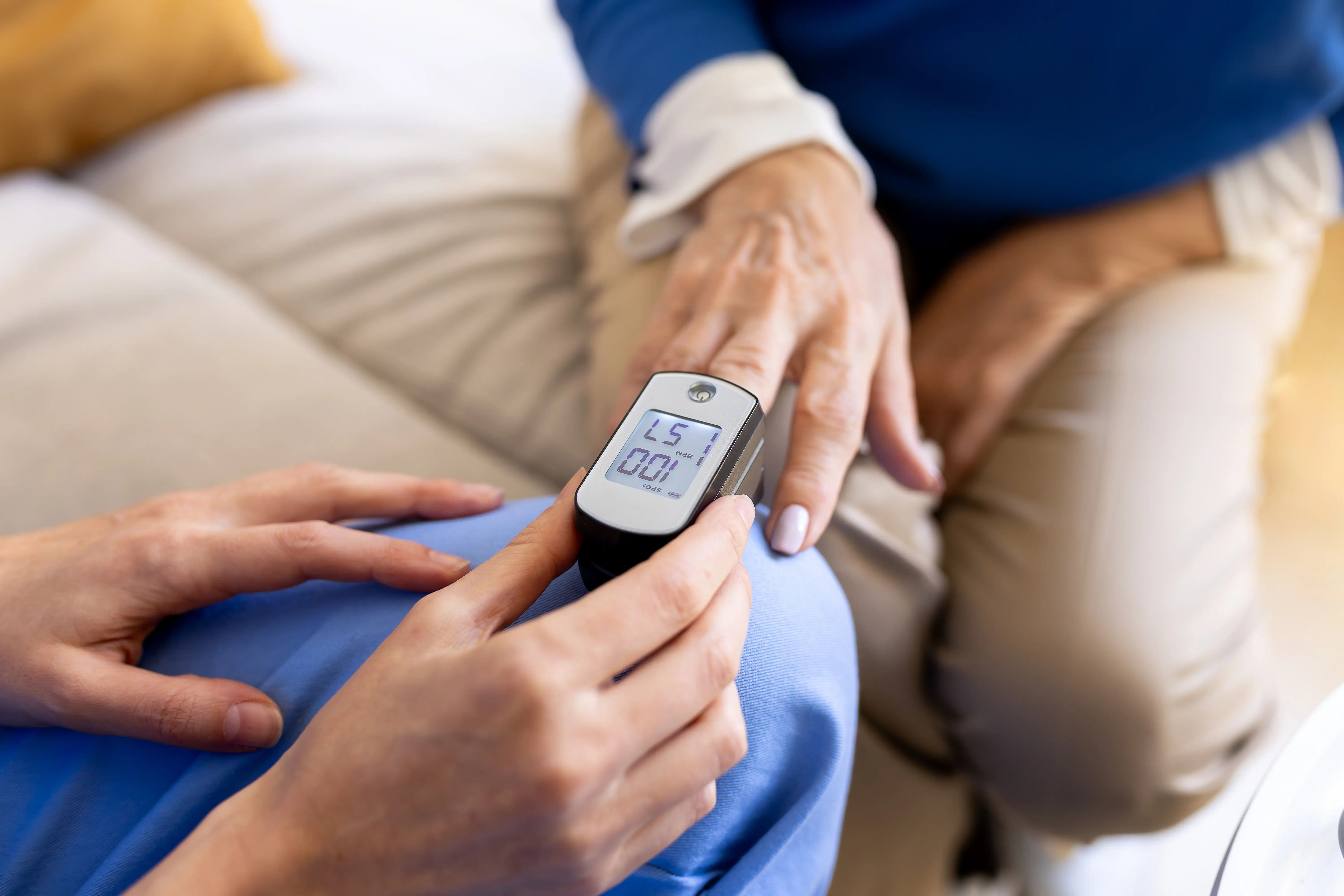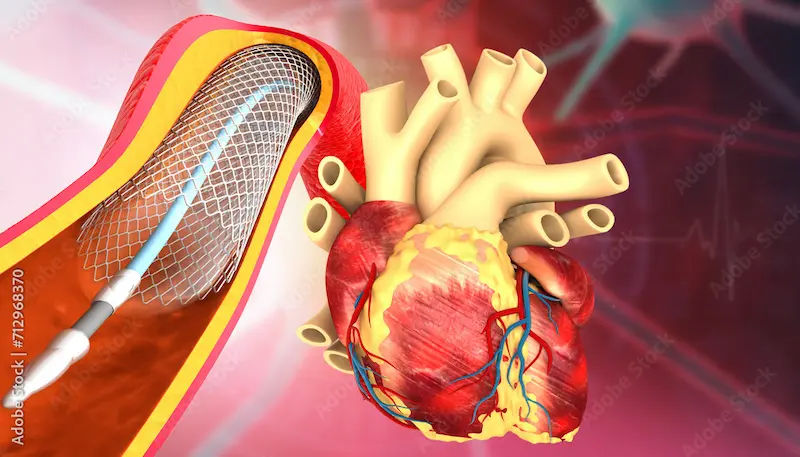- Female
- 23 Years
- 07/02/2025
I'm feeling a strong pulse in my chest and throat when I'm sleeping. If I stay in the same position for about half an hour, I really start to notice it, but it seems to stop when I change positions. During the day, I'm super energetic and don't have any issues, but this pulse thing keeps happening at night when I'm trying to sleep. Should I be worried about this? What could be causing it?
Answered by 1 Apollo Doctors
This sensation of feeling your pulse in your chest and throat while sleeping is known as pulsatile tinnitus. It can be caused by various factors such as high blood pressure, anemia, thyroid disorders, or even stress and anxiety. To address this issue, you can try managing stress levels, maintaining a healthy lifestyle, and ensuring proper sleep hygiene. If the symptoms persist or worsen, it is recommended to consult a healthcare professional for further evaluation and management. In the meantime, you can try taking a low dose of propranolol (Inderal) under the guidance of a doctor to help alleviate the sensation of pulsatile tinnitus while sleeping.
Dr. Ranjith Suggests...
Consult a Cardiologist
Answered 04/07/2025
1
0

More Cardiology Health Queries
View allI'm a bit concerned about my heart rate. It's usually around 96, but it goes up to 120 when I walk. I don't have any other symptoms and I've had a thyroid test, ECG, and echo done, all of which came back normal. The only thing on the ECG was sinus tachycardia. I did have mild Covid last April. Should I be worried about this, or will my heart rate settle down on its own over time?
Sinus tachycardia is a common condition where the heart rate is elevated but the heart rhythm is normal. Since your thyroid, ECG, and echo results are normal, and considering your history of mild COVID-19 last year, your elevated heart rate may be due to post-viral effects. In most cases, sinus tachycardia resolves on its own as the body recovers from the viral illness. To help manage your heart rate, you can try to reduce stress, stay hydrated, and ensure you are getting adequate rest. If your symptoms persist or worsen, you can consider taking a beta-blocker medication like Metoprolol at a low dose of 25mg once daily to help control your heart rate. However, it is important to consult with your doctor before starting any new medication. Monitoring your heart rate regularly and following up with your healthcare provider for further evaluation is recommended.
Answered by 1 Apollo Doctors
I've been experiencing some pain on the left side of my chest, right around my heart, and I'm also having a lot of burping, indigestion, and gas issues. I'm trying to figure out if this is something to do with my heart or maybe it's just my stomach acting up. What kind of doctor should I see for this?
Acid peptic disease, u can take tab pan D ,once daily for 2 weeks, before food ,orally, also syrup sucralfate 10 ml thrice daily orally, a Gastro-enterelogist
Answered by 1 Apollo Doctors
I've been dealing with sinus tachycardia for the last six months. I saw a cardiologist and had a 2D echo and D-dimer test done, and everything came back normal. But in the last couple of days, I've felt a bit uneasy in my left chest. Can you help me figure out what's going on?
take any antacid like tablet pantop
Answered by 1 Apollo Doctors
Disclaimer: Answers on Apollo 247 are not intended to replace your doctor advice. Always seek help of a professional doctor in case of an medical emergency or ailment.





